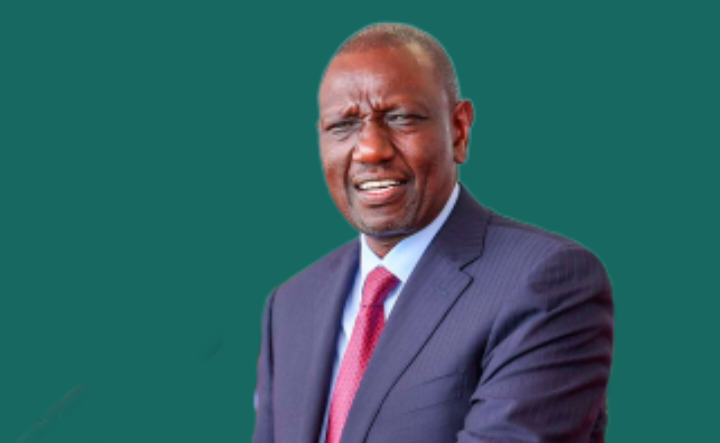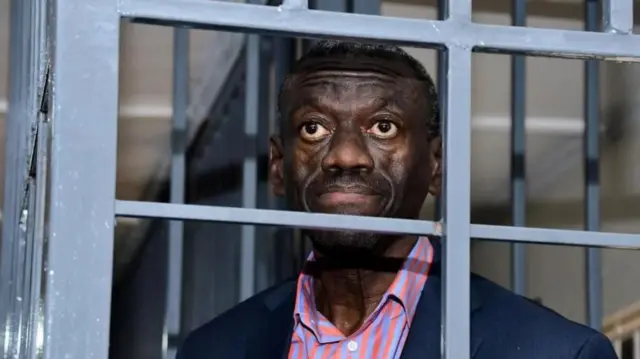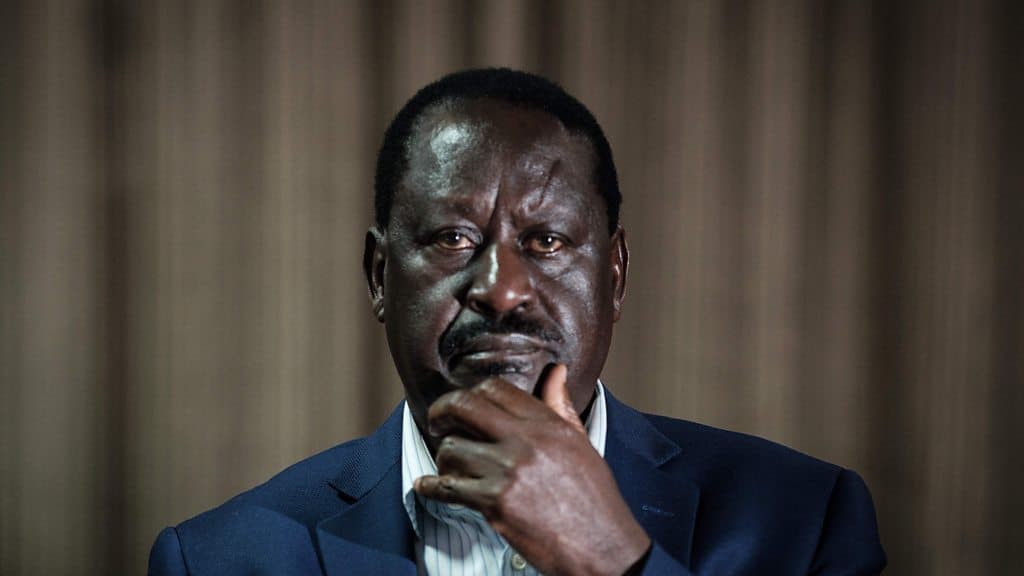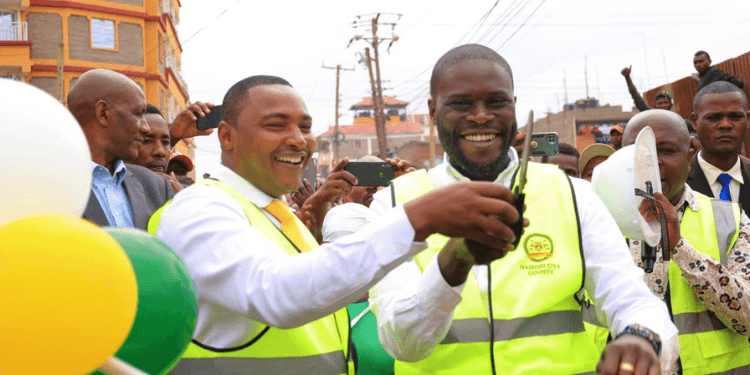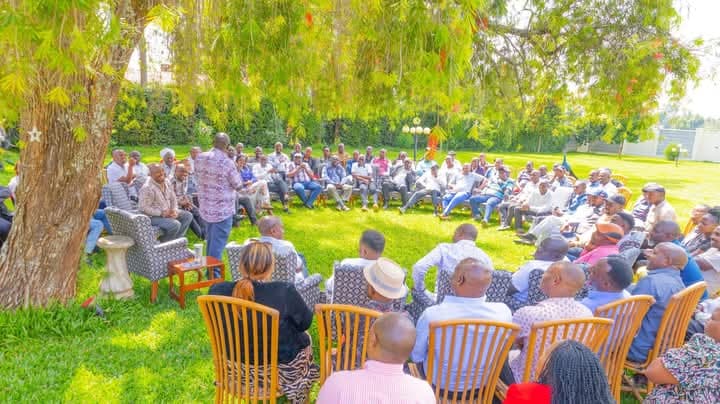President William Ruto is on a streak to entice Kenyans to secure a second term in office in 2027, amid growing discontent with his government among some Kenyans.
The ongoing political conversations and events signal the potential for intensified political activities as the country heads towards 2027, even as President Ruto vows to fulfil campaign promises.
President Ruto has told off the "Ruto Must Go" campaigners, insisting he does not plan to lose the 2027 General Election.
Speaking in Bomet County on Tuesday, April 15, Mr. Ruto stated that he has a winning strategy in place, that will see him secure a second term.
The head of state, downplayed negativity being spread against his administration and his alleged unpopularlity in the country, exuding confidence in his ability to secure re-election.
He urged the opposition to prepare for a spirited fight come 2027, insisting it will not be a "Walk in the Park" at the ballot.
Ruto emphasised he understands why Kenyans voted for his administration, acknowledging fulfilling his Campaign promises will be the ultimate test come 2027.
The President also called on leaders and citizens alike to focus on issues that will uplift the country rather than be sidetracked by political noise.
" Mimi Najua Kwanza nimepatiwa kazi na wananchi wa Kenya, na hio kazi nimepatiwa najua mtihani ni 2027. Na hio mtihani ya 2027 sipangi kuanguka. Hio Mtihani ya 2027 Mimi najua vile nitapita." he said.
President Ruto, claimed that one of the Key mandates' Kenyans gave his administration was agricultural reforms, stating this has happened. He cited improved pay for Tea & Coffee Farmers, subsidised Fertilizer and Better Prices for Milk, empowering dairy farmers.
Rural Electrification, according to Ruto, is another key mandate given to his administration by the citizenry. He promised to ensure that by 2027, atleast 1.2 Million Kenyans will be connected to the National grid.
Ruto, cited Educational Reforms as the third achievement of his government. He lauded his administration for introducing CBC, employing 76,000 teachers and the new university funding Model, which he claimed has empowered students from humble backgrounds through bursaries.
On Youth unemployment, he stated that the Kenya-Kwanza administration has introduced reforms and is creating opportunities through the Affordable Housing Project and building modern Markets.
The long-standing veil of invincibility, perceived or real, around President Ruto is quickly fading. His actions, performance and general disenfranchisement of the majority of Kenyans are beginning to make it seem possible that he might break history and become Kenya’s first one-term President.
The President rode to power solely to uplift the poor’s economic status, evident in his campaign slogan of Bottom Up. He put up his case to the people in the most convincing manner. He argued that having grown from a poor background, he understood the pain of lacking. He promised to re-engineer a policy shift to focus on the livelihoods of the impoverished.
However, when the President formed the government, hustlers hardly featured in his priorities. To the shock of his political base, it was a regurgitation of the who’s-who in the political ecosystem, from the Cabinet to top Civil Service positions to foreign missions and parastatals. It wasn’t a big deal, so long as the agenda of reducing the cost of living would be seen through.
More than two years into his administration, came the emergency of punitive, aggressive economic policies that ended in over-taxation of the lowly of the economy that sent shockwaves across the country.
For the average Kenyan, the immediate need is for the government to bring down the cost of living: that means lowering prices of basic goods and services, raising wages for low-income workers, lowering taxes and Creating Employment for the Youth.
